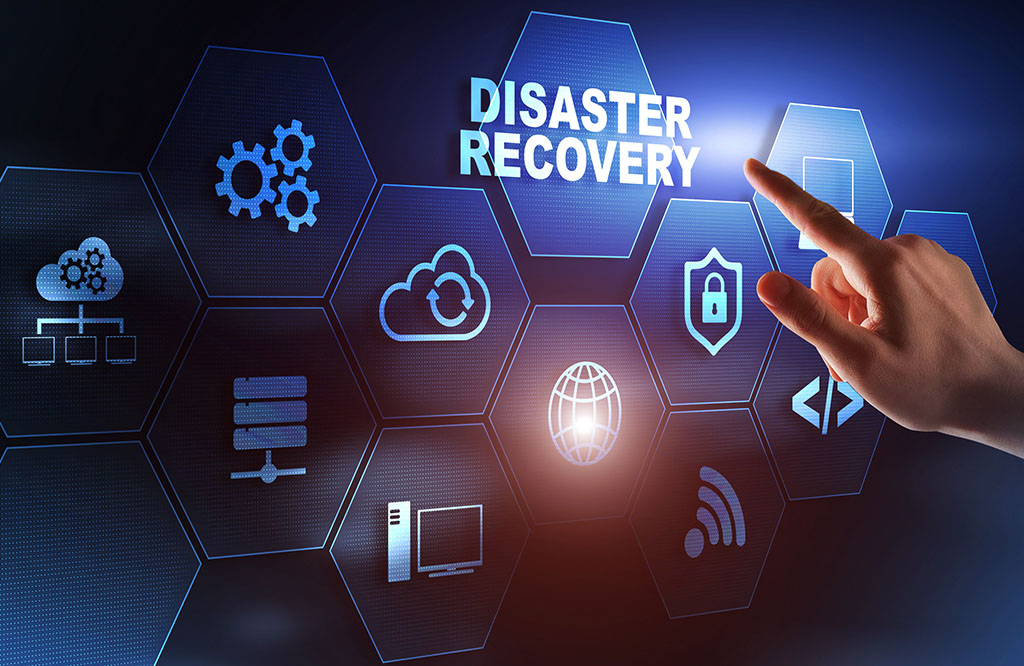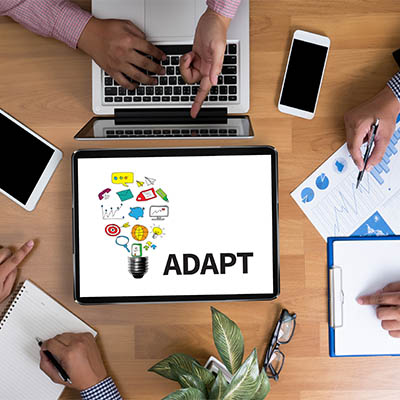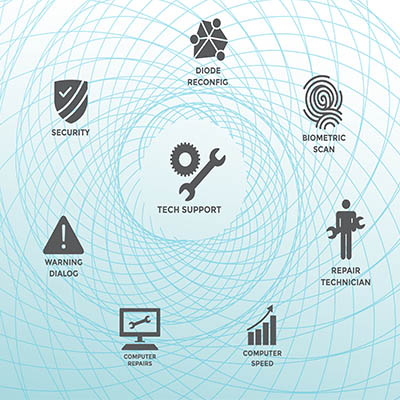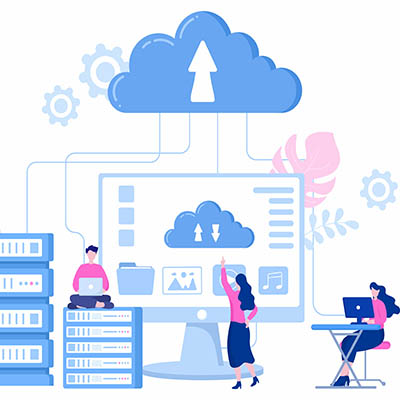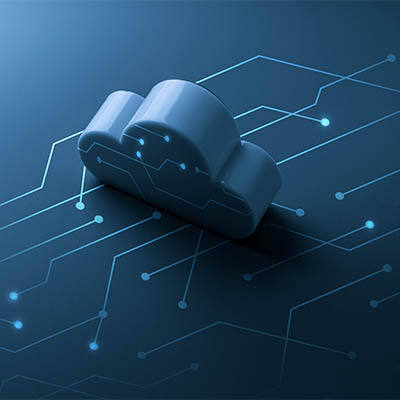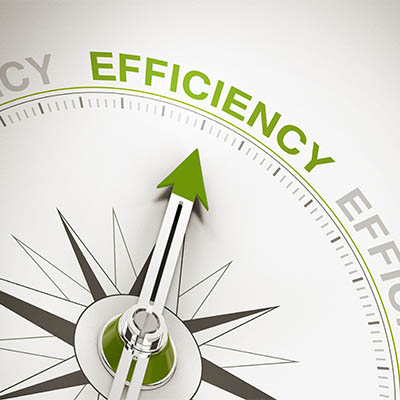The one thing about data backup is that it seems like it is pretty simple: You have data, you copy it and store it should something happen to your original. Sure, that’s the basic makeup of a data backup, but if you want a backup you can really rely on, you need it to be faultless. Enter Backup and Disaster Recovery.
What Makes a Good Backup?
There are definite differences between good and bad backups. Before we get into what makes for a good backup, let’s uncover what could be viewed as a bad backup. A bad backup is basically one that you have to manually update regularly and worry about where to store.
If you back up data on an external disk drive, flash drive, or any other device, you are relying on a lot of factors to go right to ensure that your data is backed up. This type of backup strategy is not reasonable for business purposes.
A good backup is one that takes a lot of the variability of data redundancy out of the equation. It takes the human element out of it and automates the process of protecting the myriad of files that you need protected. If you consider that your files and data aren’t just folders filled with files; they are structured in a much more deliberate and useful way. You need to find a way to effectively replicate everything on your network the same way it is structured and update it regularly so that you don’t lose data as it is produced.
How BDR is a Great Backup Solution
The BDR is a great backup solution because it:
- Doesn’t require a human to remember to run it.
- Doesn’t just back up some of your data, it backs up ALL of it.
- Has redundancies (your backup is backed up).
- Is extremely secure (not something that can be lost or stolen).
- Securely stores another copy of your data offsite just in case.
And finally, it needs to be fast and easy to restore from.
Without all these line items checked off the list, your backup is less than what it can be.
That is BDR.
The BDR completely backs up an entire computing environment to the file in multiple locations. This makes it not only reliable, but comprehensive. If your business is hit with a disaster, your BDR can not only protect your data, it can be used to virtualize a temporary server so that your business isn’t completely stymied with downtime. The BDR can back up systems in increments of only 15 minutes, meaning you don’t have to worry about running backups after work, they are done while you work.
The BDR is the most complete system you can get to improve the data redundancy of your business. If you want to talk to one of our IT experts about getting a BDR to protect your business, give us a call today at 978-798-6805.

